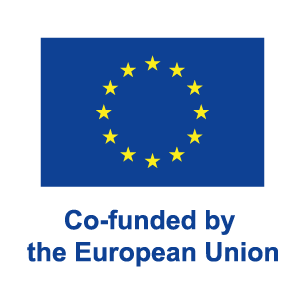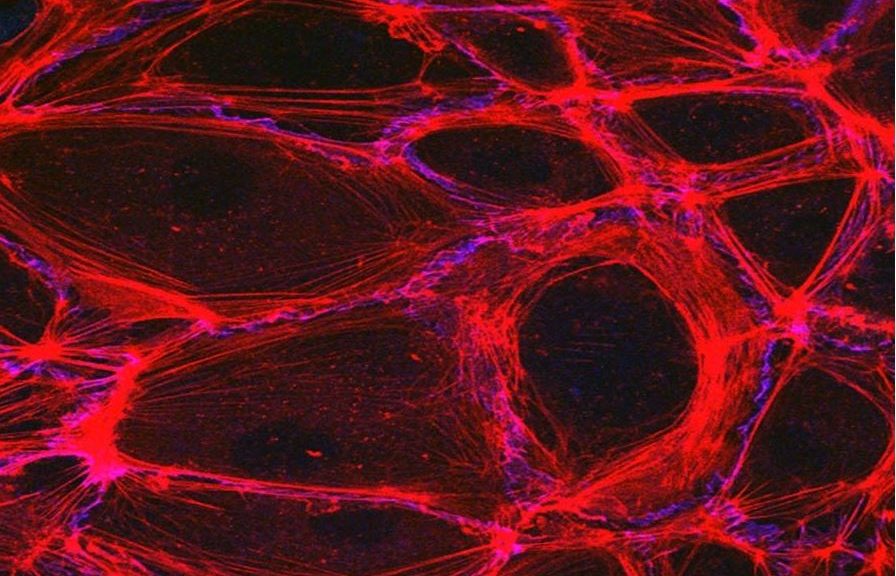The Umeå-based Life science R&D-company Betagenon has been granted 1.8 million euros as one of Three Swedish succesfull competitors for the the Horizon SME Instruments grants. Betagenon’s key compound, a AMPK activator is currently in phase 2 clinical trials. The grant is awarded to bring the substance to market.
Betagenon is a science spin-off company from years of research at Umeå University. The company is targeting the worldwide epidemic of obesity, diabetes and cardiovascular disease. And their most interesting candidate drug has so far gone futher in clinical trials that any other similar compound.
Betagenon’s substance O304 is the first AMPK activator to reach a phase II trials and is currently beeing assessed for efficacy and safety in patients with type 2 diabetes. Read our previous article on this development here.
A candidate with excercise mimetic effects
In animal models the substance 0304 has already been shown to protect against diet induced obesity, fatty liver, insulin resistance, β-cell dysfunction, glucose intolerance, hyperlipidemia and diabetes. O304 also increases left ventricle stroke volume, cardiac output, peripheral blood flow and endurance. A so called “Exercise mimetic”.
– There is an enormous need for effective treatments of these spread metabolic diseases. So this large financial support from EU is both very important and encouraging, says Thomas Edlund, CEO of Betagenon and professor at Umeå University.
High quality application part of the success
This large grant comes from the SME Instruments call within EU’s Horizon 2020 programme – and Betagenon, together with Uppsala-based SenzaGen och Corline Biomedical, are the first Swedish life science companies to secure funds from this prestigeous programme. Read article in Life Sceicne Sweden on all three succesful applications.
Horizon 2020 is the EU’s framework program for research and innovation. The program is the world’s largest investment in research and innovation and has a total budget of around 80 billion euros over years 2014-2020. The aim is to ensure the EU’s global competitiveness. For more on Horizon 2020, see: https://ec.europa.eu/programmes/horizon2020/.
Contributing to the success in funding is the high quality of the application submitted. Betagenon’s EU application received an outstanding score 14.64 out of 15 in the EU evaluation.
More info in the full feature article on Biotech Umeå’s site >>>
Text: Carolina Hawranek/Karin Borge-Renberg
Photo: Blood vessel epithelium courtesy of Christopher V. Carman and Roberta Martinelli, Harvard Medical School, Boston


